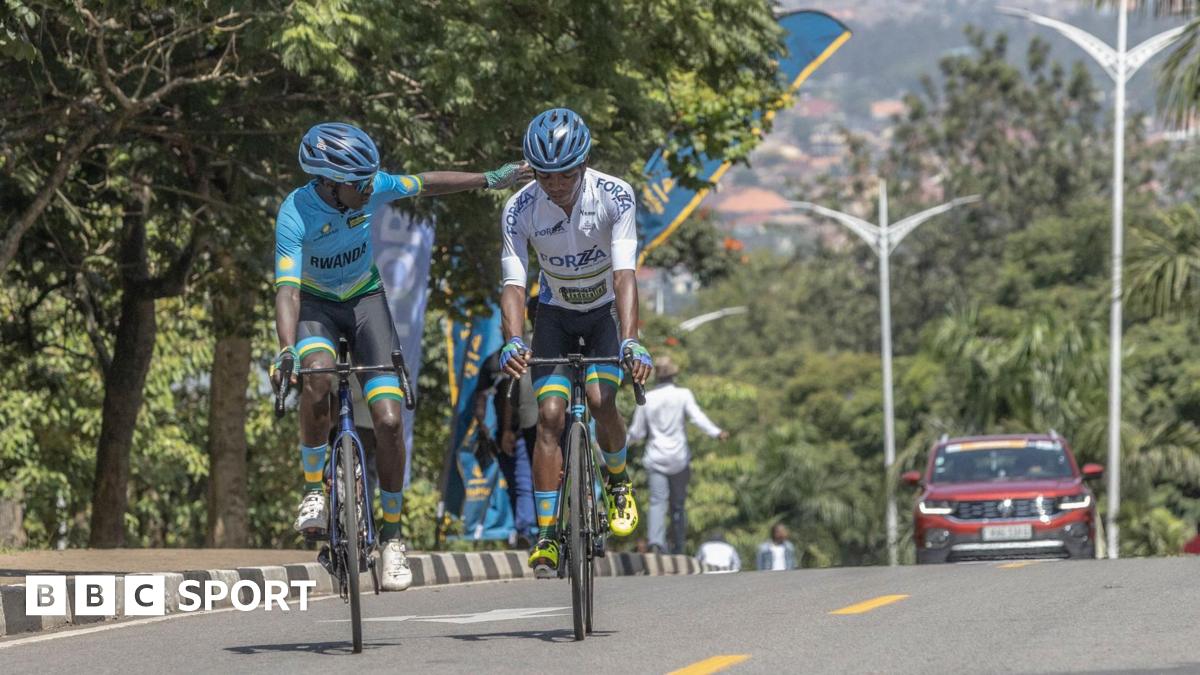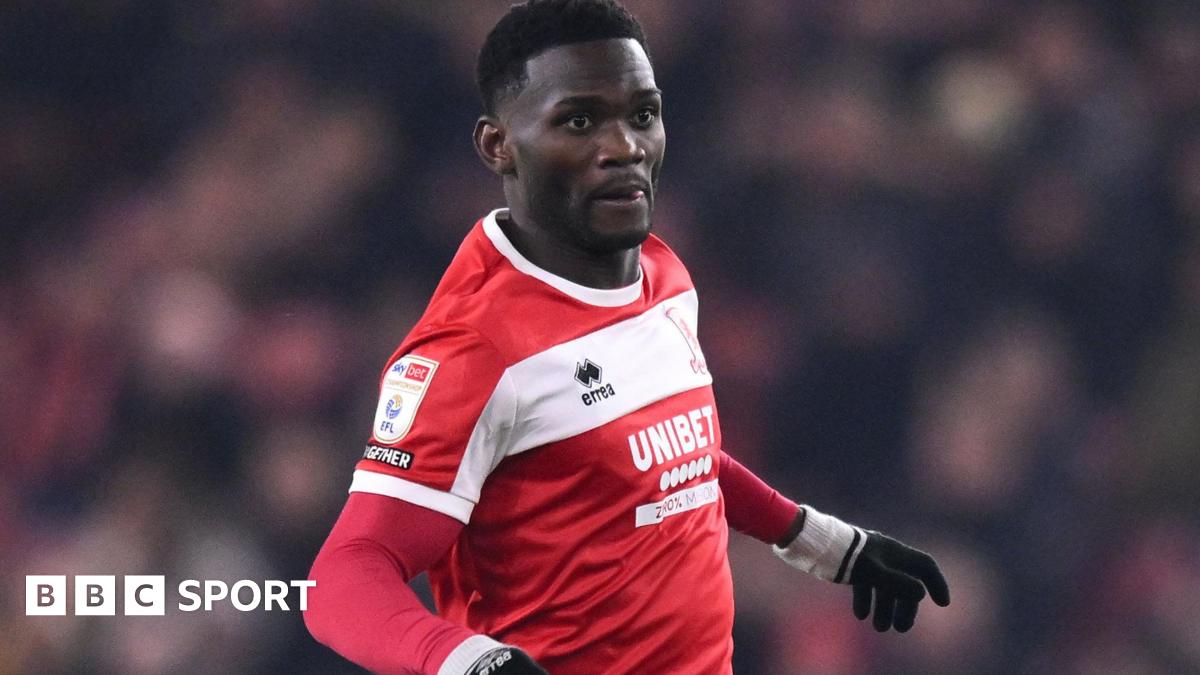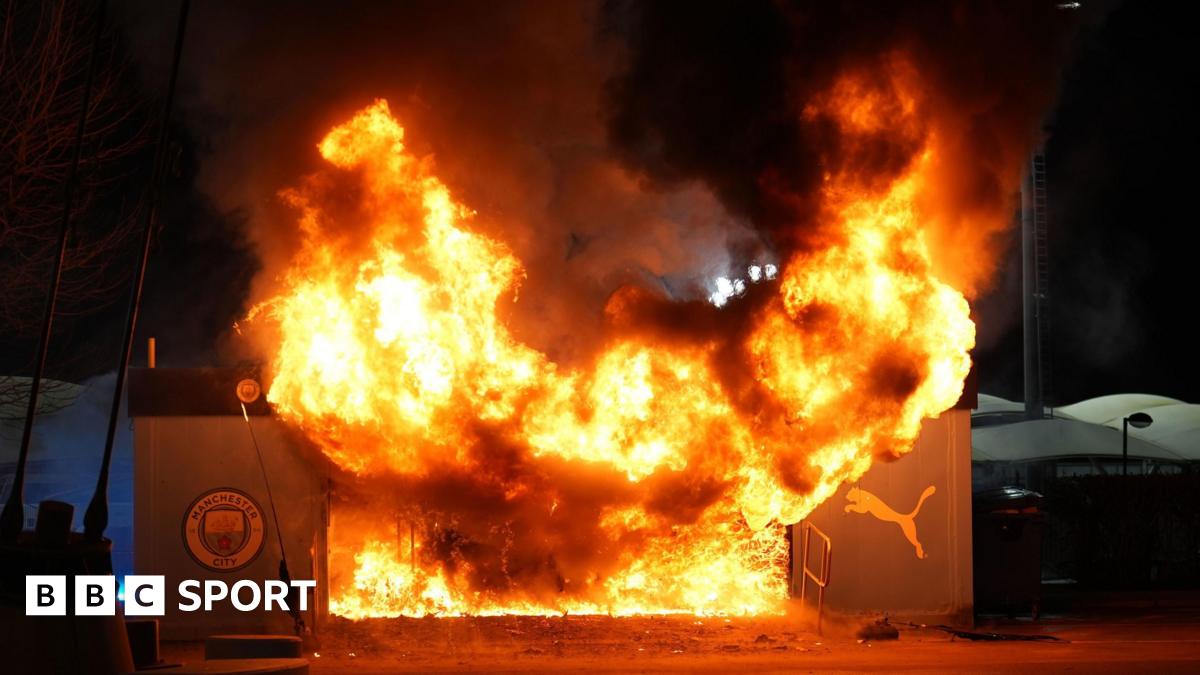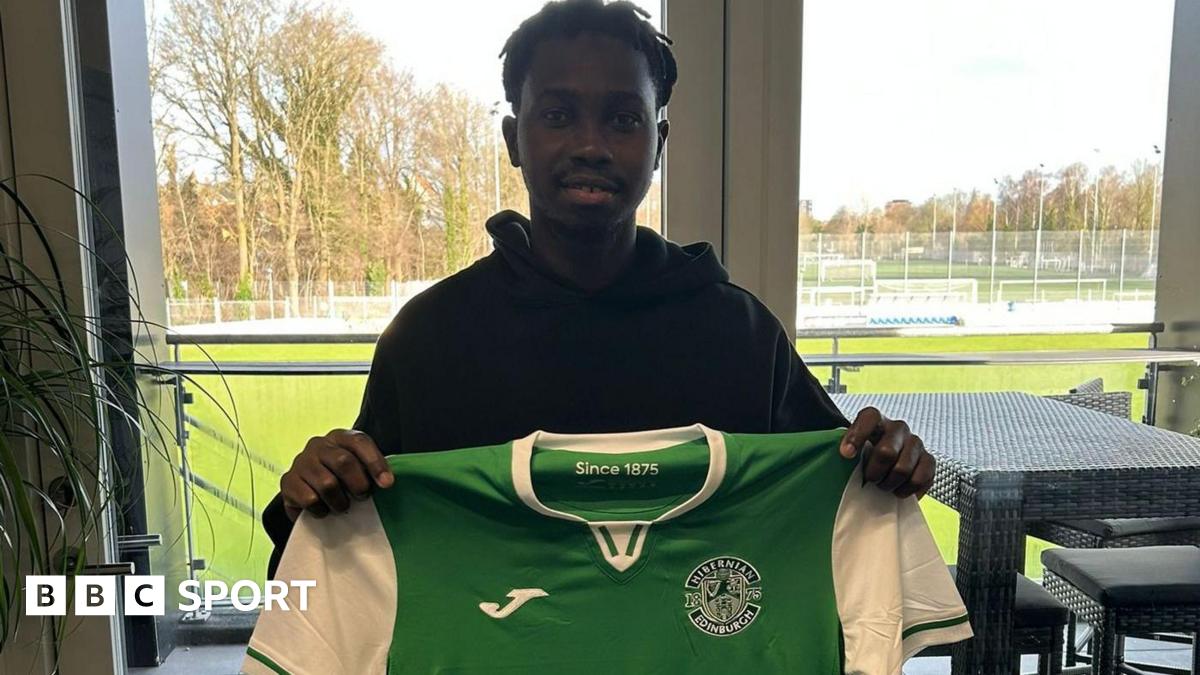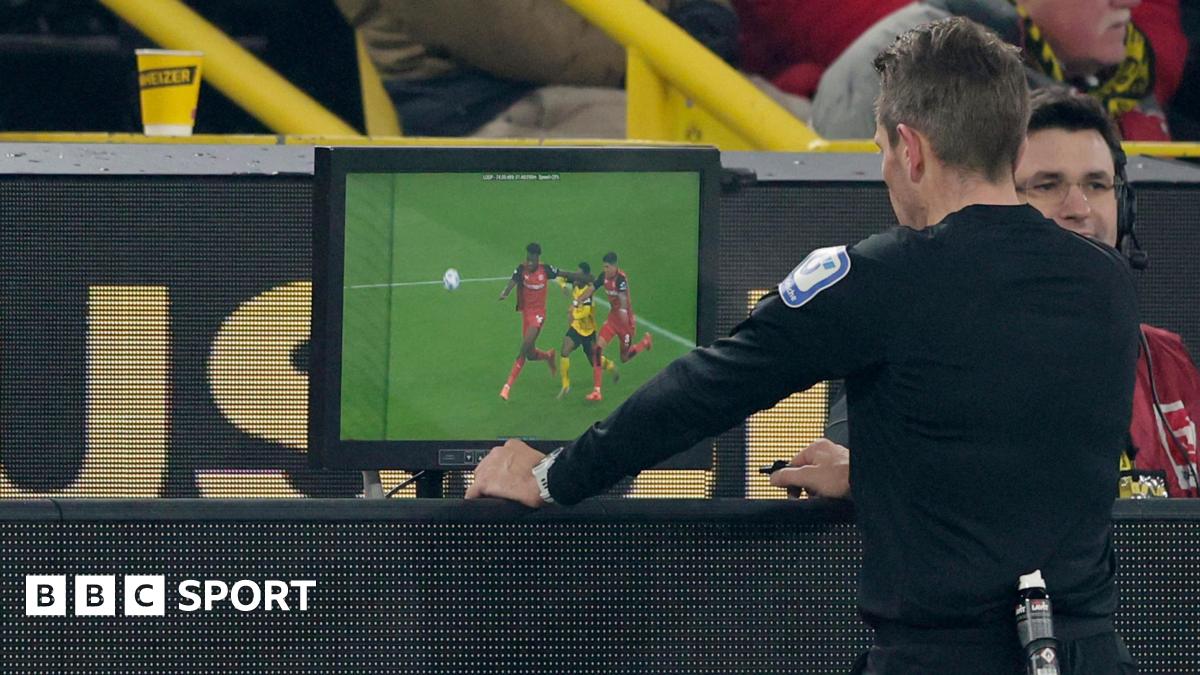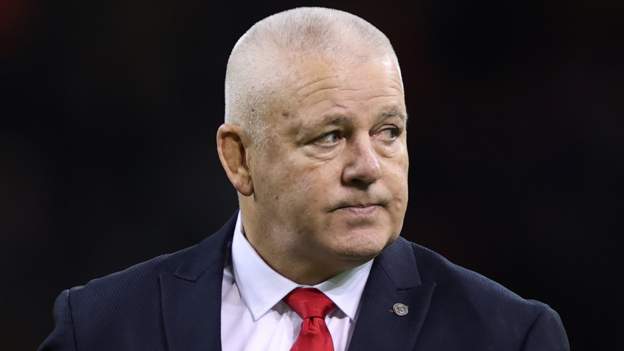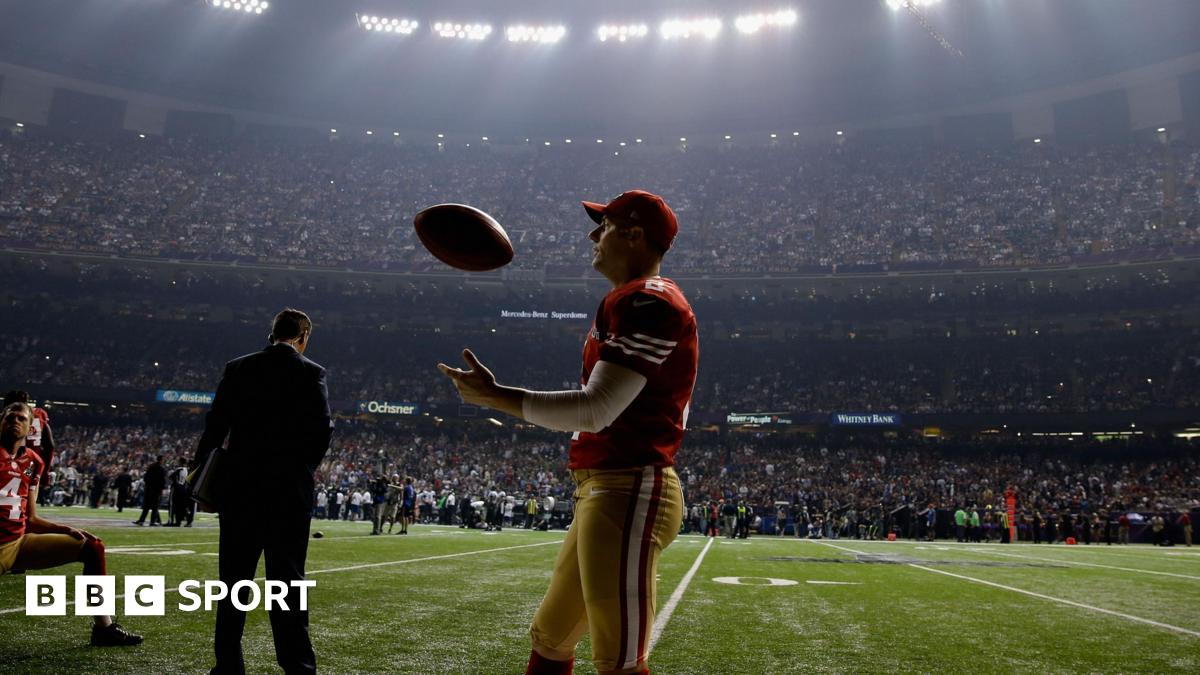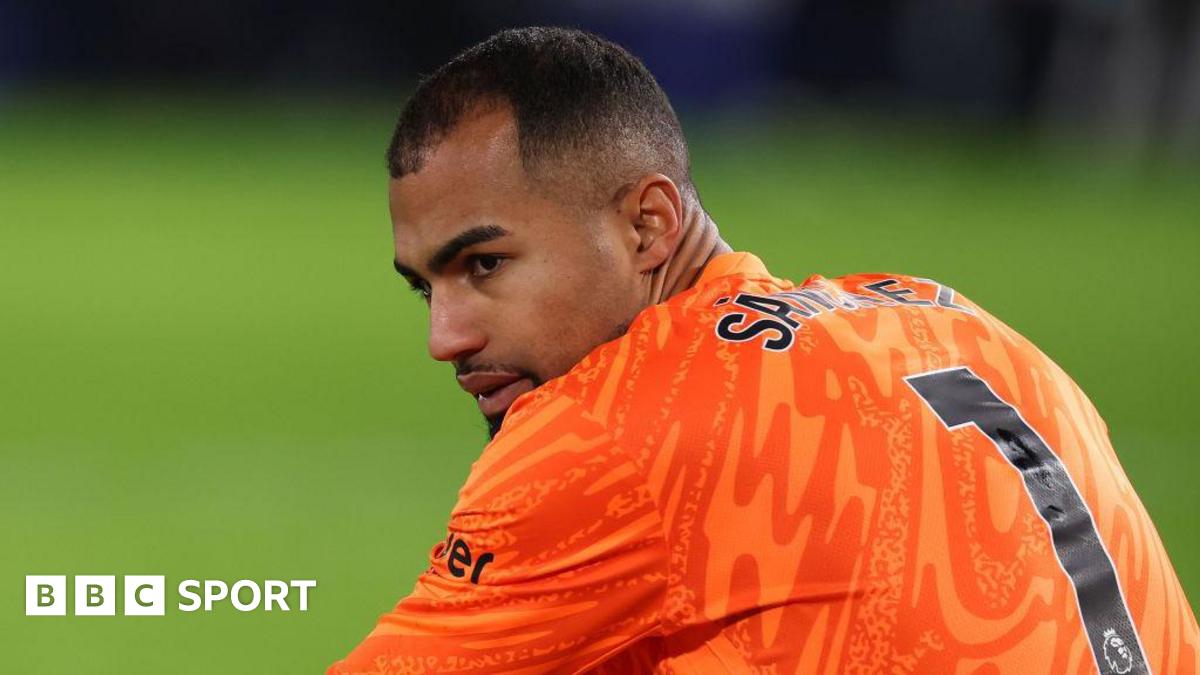| Venue: Principality Stadium, Cardiff Date: Saturday, 25 February Kick-off: 16:45 GMT |
| Coverage: Live on BBC One, S4C, BBC Radio Wales, BBC Radio Cymru and Radio 5 Sports Extra, the BBC Sport website & app; live text commentary on BBC Sport website & app. Highlights and analysis, Scrum V Six Nations, BBC Two Wales, Sunday, 26 February. |
Head coach Warren Gatland says he remains confident Wales’ Six Nations match against England will go ahead next Saturday.
That is despite a potential strike by Wales players, which Alun Wyn Jones said was a real threat but was the “last option”.
Players are in dispute with Welsh rugby bosses over contracts, with a deadline of Wednesday set to resolve the issues.
“I expect the game’s going to be played,” said Gatland.
“I’ve seen these sort of things happen in the past and I’m confident the game will go ahead.
“The boys have been great in training. I’ve just got to put all that sort of stuff aside and make sure we focus on the game.”
Should the England match not go ahead, Welsh rugby would miss out on close to £10m of income from the fixture.
Gatland says he supports Wales’ players in their long-term disagreement but would not back a strike for the England game.
The contract chaos involves numerous players – estimates are between 70 and 100 – whose current deals expire at the end of this season and have not yet received offers from their regional teams.
A new six-year financial agreement between the Welsh Rugby Union (WRU) and Wales’ four regions – Dragons, Cardiff, Ospreys and Scarlets – has not yet been signed off after months of discussion, and the clock is ticking.
The regions are braced for financial cuts but no playing budgets have been finalised for next season, so no contracts can be formally offered.
Malcolm Wall, chair of the Professional Rugby Board (PRB) which negotiates on the future of the Welsh professional game, said this week: “The cold facts are that the WRU and clubs have been paying salaries that their businesses cannot afford. There is no room for manoeuvre when it comes to the budget available for player contracts.”
WRU acting chief executive Nigel Walker met with Wales squad members this week and discussions will continue with the Welsh Rugby Players Association (WRPA).
“It’s been a few challenging weeks,” added Gatland.
“Sometimes that focuses the mind and gives you resolve to focus on the job.
“That is preparing the team the best way we can for next week.
“There’s no doubt there must be some stress on people in terms of the future and what’s happening at the regions.
“They haven’t been able to offer contracts and the uncertainty about the agreement and all that’s created.
“It puts stress on a lot of people involved. Not just the players, but people involved with the union and regions also.”
‘Lock them in a room to sort things out’
Gatland says issues are resolved quicker in his native New Zealand.
“I come from a country when you’re in a bit of a crisis, you get everyone in a room and sort it out within 24 hours,” added Gatland.
“The strength of New Zealand has always been the ability to change and change quickly.
“I don’t know why you can’t just lock yourselves in a room for 48 or 72 hours and come out with a solution.
“Everyone’s got to compromise. You’ve got successful, intelligent business people who need to come and find a solution quickly.
“I don’t know why things have gone on for so long but we’re seeing the result of it now because negotiations have been ongoing for too long.
“Probably the hamstring of Welsh rugby is that change is like a slow train trying to go somewhere. To effect change in Wales is time consuming.”
The WRU has found itself in crisis over the past few weeks, with a sexism scandal unearthed by a BBC Wales investigates programme which has resulted in chief executive Steve Phillips resigning and an independent taskforce looking into the culture of the organisation.
“Many have been critical of the union over governance, but they’ve already been to the clubs once and asked for recommendations and change and they didn’t get that voted through,” added Gatland.
“Everyone within the game needs to take responsibility, not just the union who have had a kicking over the last few weeks.
“We’ve got to take away our parochialism and self-interest. I’ve always been a big advocate of this. Let’s make the best decisions for the game.
“Sometimes that means decisions that affect us and we don’t get the deals we want. You have to accept that because hopefully it’s the best decision for the game.
“If that means it’s not in the best interest of the national team, but it’s in the best interest of Wales, those are the sort of things we should be doing.”
’60-cap rule not fit for purpose’
It is understood the players want three main things by Wednesday. A place at PRB meetings, the removal of the contentious 60-cap selection rule in Wales and a rethink over the contracts on offer because of the fixed-variable elements accounting for 20% of salaries.
The 60-cap rule applies to a player plying his trade outside the country who cannot be picked unless he has made at least that number of Test appearances.
Gatland has questioned whether the policy remains fit for purpose after it was introduced in 2017, when he was in his first stint as head coach.
“It was fit for purpose when it was introduced,” added Gatland.
“Ironically it got called ‘Gatland’s Law’. My argument at the time was look at Australia where it’s 30 games and I thought that was appropriate.
“The regions wanted 70, we ended up with 60, but I’m not sure it’s fit for purpose at the moment. So there’s an opportunity under the current situation to potentially get rid of it.”


